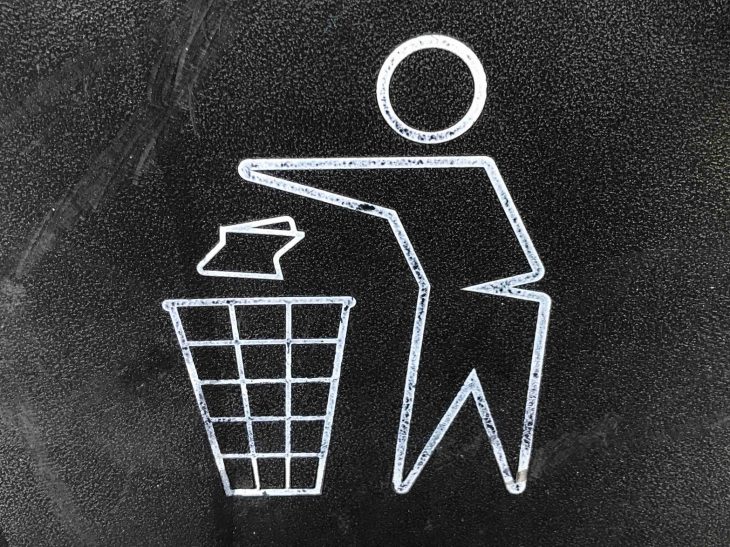
The Two Main Types of Complaints (and how to respond)
Each one of your guests will have their own story of how they perceived their experience. Due to the variable factors leading into their experience and throughout the duration of their visit, everyone’s perception will be unique, even if only by a small amount. And when a service failure occurs, this is no different. With that said, when you pull back, you can start to track some common threads amongst a variety of service failure scenarios.
Nearly any type of guest complaint can be broken down into two categories: subjective perception, and a potential liability. This article offers a breakdown of each of these two types of feedback, how they differ, and how to react to them.
Subjective Perception. This is an opinion. This is feedback based on how the guest perceived your organization. If you go through your internal feedback, social media comments, or TripAdvisor, you may read reviews that paint a vastly different picture as another guest. There are countless times where I have read a review that said something to the effect of, “the facility was so clean and the staff was incredibly friendly,” immediately followed by a review saying, “there was trash everywhere and most employees were rude to us.”
Two guests visited the same attraction, possibly even close to the same timeframe, had a similar experience, yet their recollection of that experience was completely different. Perhaps they happened at different times of day, maybe there was a strong variance in the experience due to internal or external factors (weather, short-staffing, maintenance issues), or maybe those two people just have a different viewpoint on everything. Either way, this feedback is their subjective perception of the experience.
Potential Liability. This is fact. This is something that either occurred to them during their visit, or something they observed that can’t be disputed. The guest tripped and fell down a few stairs. The hours of operation were listed incorrectly online. A guest’s car was broken into in the parking lot. In these instances, the recollection of the events will in essence be the same, regardless of the guest that experienced or observed it.
What makes it a liability? Each of the examples I provided could shed light on safety standards not being adhered to, advertising incorrect information that affected purchasing decisions, and overall security that could lead to larger exposure beyond just the parties involved. Even if it doesn’t reflect a legal liability, these types of service failures are more damaging to future attendance as their exposure can spread much quicker.
In both situations, the ideal response is to respond for the effect of what the guest describes, rather than the cause. If a guest complains about service and cleanliness, and you apologize directly for that, you are turning their perception into reality. Consequently, if you tell a guest that you are sorry that they tripped and fell and broke their leg, it plants the idea that perhaps you were at fault for what was likely to be their mistake.
However, each of these service failures has had an effect on the guest experience that may or may not have been related to the actual service failure that occurred. If you tell a guest that what they are describing does not meet the standard you expect for your staff, or express regret that they were not able to enjoy the attraction as they expected, you set yourself for a better resolution that results in the least amount of backlash. This allows you to continue the service recovery process that will lead to higher levels of satisfaction and minimal amounts of negative exposure.
Josh Liebman
Josh Liebman specializes in guest experience within attractions, tourism, and hospitality, including service standards, complaint resolution, and driving guest loyalty. Josh is a serial entrepreneur, podcaster, consultant, and speaker. Josh has worked for some of the top attraction operators in the world, including, but not limited to Walt Disney World, Universal Orlando, Merlin Entertainments, and Cedar Fair. Josh has been integral to the openings of multiple attractions in various leadership capacities. Additionally, Josh has consulted for many of the world’s leading hospitality brands, including Ritz Carlton, Four Seasons, Waldorf Astoria, and many more. Josh is Co-Host of the AttractionPros Podcast, which brings the audience into the room with the top leaders, executives, and influencers in the attractions industry.
